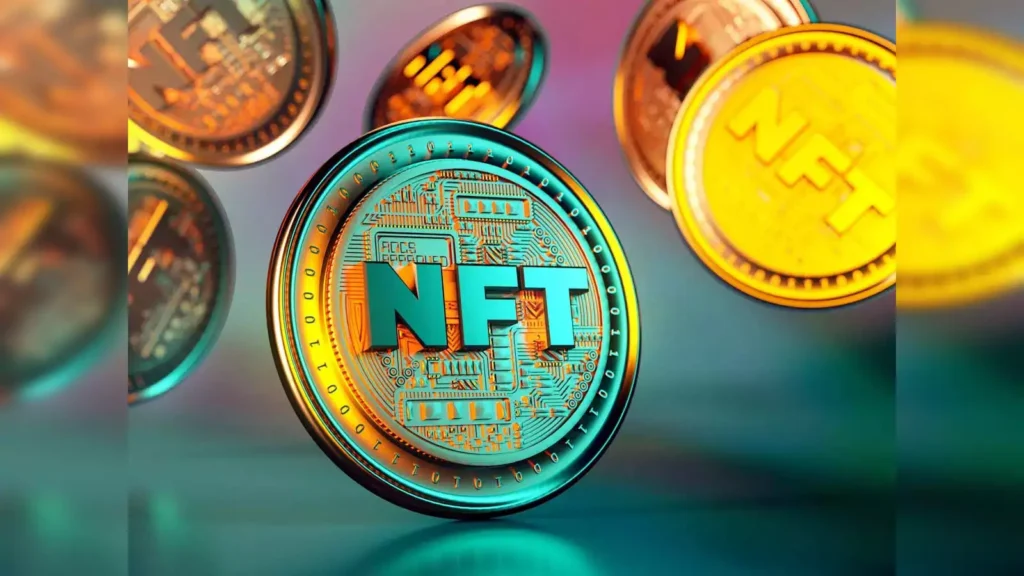Web3 Gaming and the Law: What You Need to Know Before You Play to Earn
Web3 gaming introduces a new promise: play games and earn real, tradable crypto. But where blockchain meets gameplay, legal gray areas abound. If you’re wondering “Is this actually allowed?”—you’re not alone.
As this new wave of crypto-enabled games surges—think Axie Infinity, The Sandbox, Illuvium—regulators across the world are still catching up. Behind the tokens and NFTs is a rapidly evolving legal minefield that players and developers alike should understand.
Ownership vs. Licensing: Who Really Owns the Assets in the Web3 Gaming?
One of Web3 gaming’s key selling points is asset ownership. In-game items are issued as NFTs stored in your crypto wallet. Unlike traditional games where assets are locked into the platform, NFTs are transferable.
But is “ownership” legally recognized?
That depends. In many jurisdictions, NFTs are not yet clearly defined under property law. While the token proves control on a blockchain, courts have yet to universally agree on what rights that actually conveys—especially in cases of theft, fraud, or platform shutdowns.


Crypto Rewards = Securities? A Global Patchwork
When players earn crypto in games, they’re often receiving utility or governance tokens. But if those tokens can be traded for fiat currency—or fluctuate in value—regulators may see them as securities.
- In the U.S., the SEC has already signaled that some game tokens could fall under securities laws if they meet the Howey Test (i.e., involve an investment of money in a common enterprise with expectation of profit).
- In the Philippines, the government requires play-to-earn platforms like Axie Infinity to register with the SEC and Bureau of Internal Revenue.
- In the EU, the upcoming MiCA (Markets in Crypto-Assets Regulation) aims to bring clarity, but until then, national laws vary widely.
If game developers offer tokens without registering with the relevant authorities, they may be exposing themselves—and possibly players—to enforcement action.


Taxation: Your Rewards Might Not Be “Just Game Money”
Crypto earnings from Web3 games are often taxable—even if players don’t cash out to fiat.
- In the U.S., the IRS considers crypto income taxable at the time of receipt, even if it’s not sold.
- In Australia and the UK, similar rules apply—meaning players must report gains or losses based on the fair market value of the token when received or sold.
- Even NFT trades may trigger capital gains taxes in many jurisdictions.
The takeaway? Just because you’re gaming doesn’t mean you’re off the hook with the tax office.
Anti-Money Laundering (AML) & KYC Compliance
Many Web3 games allow peer-to-peer trading, staking, or token swaps. This opens the door to money laundering if unchecked.
That’s why regulators are now pressuring games with financial functions to adopt Know Your Customer (KYC) and AML protocols—especially if tokens can be cashed out.
- Some platforms now require ID verification to comply with international standards like FATF’s Travel Rule.
- Non-compliant platforms could face geo-blocking, fines, or shutdowns.
For users, this means added friction—but for the industry, it’s a necessary step toward legitimacy.


Consumer Protection: Scams, Ponzi Schemes, and Legal Gray Zones
The Web3 gaming space has also seen its share of rug pulls, token crashes, and exploitative economies.
- Ponzi-style tokenomics (where earnings depend on new players entering) may violate fraud statutes or pyramid scheme laws in many countries.
- Players have little legal recourse if developers vanish or the economy collapses—especially when contracts are pseudonymous or run on offshore platforms.
Regulators in countries like South Korea and China have already cracked down on crypto gaming, citing consumer risk and financial instability.


The Legal Future of Web3 Gaming
To survive and scale, Web3 gaming will have to adapt to stricter oversight. Here’s what to expect:
- Licensing frameworks tailored to crypto games
- Clearer definitions of virtual assets under financial and IP laws
- Cross-border compliance solutions, such as embedded KYC and tax reporting tools
- A shift from “play-to-earn” to “play-and-own” or “play-and-experience” models to reduce regulatory scrutiny
Conclusion: Fun Meets Compliance (Eventually)
Web3 gaming is pushing the boundaries of digital ownership and financial freedom—but not without legal friction. While the tech evolves rapidly, the laws are still trying to catch up. For now, players and developers must tread carefully in a space where entertainment meets finance, and where the lines between the two are still being written.
If you’re diving into Web3 gaming, don’t just read the whitepaper—read the fine print, too.
Relevant Link : Here



